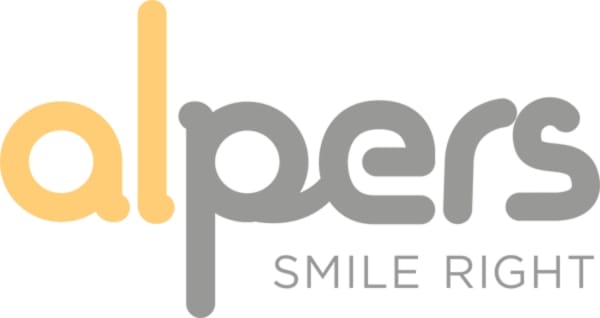How Alpers Helps With Snoring
Snoring might seem harmless—even a little funny at times—but when it’s frequent or loud, it can be a sign that your body’s struggling to breathe properly during sleep.
Snoring happens when air flows through relaxed tissues in the throat, causing vibrations as you breathe. For many, it’s occasional. But for others, especially those around snoring Auckland wide, it can point to something more serious—like obstructive sleep apnoea (OSA).
If your snoring is paired with restless sleep, morning headaches, daytime fatigue, or moments where your breathing pauses in the night, it’s worth getting checked. These aren’t just small annoyances—they could be red flags that your sleep (and heart) are under strain.
At Alpers Dental, we offer simple, non-invasive treatments that support better breathing and more restorative sleep. No heavy machinery. Just customised solutions designed around your comfort, your lifestyle, and your health.
Because the way you sleep shapes the way you live.





